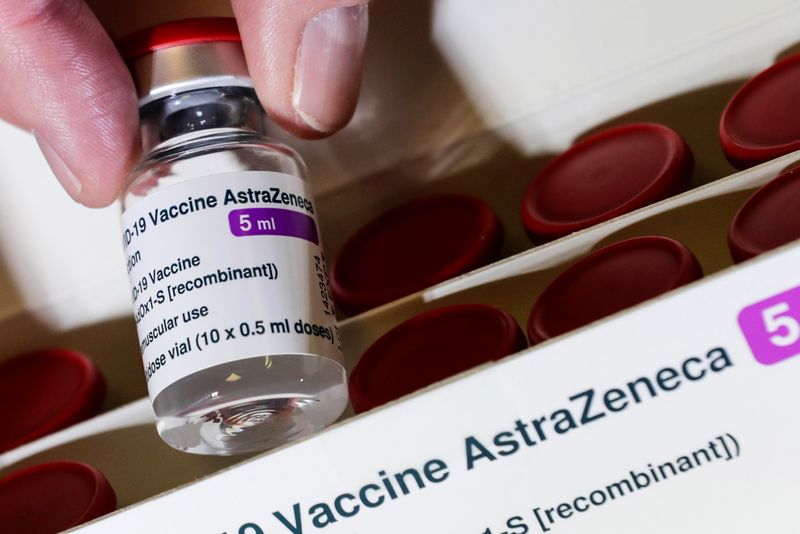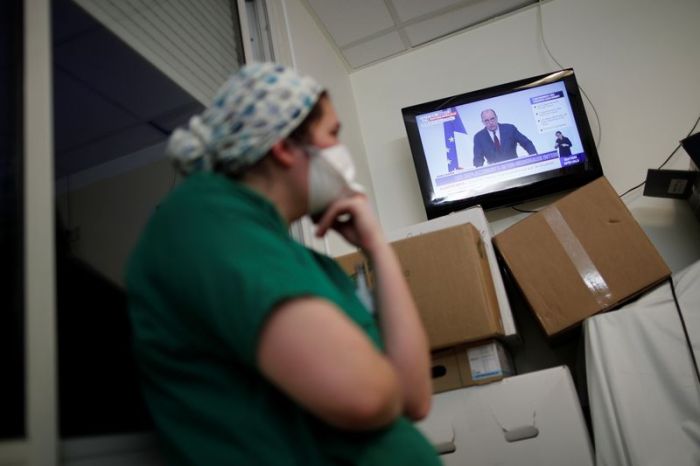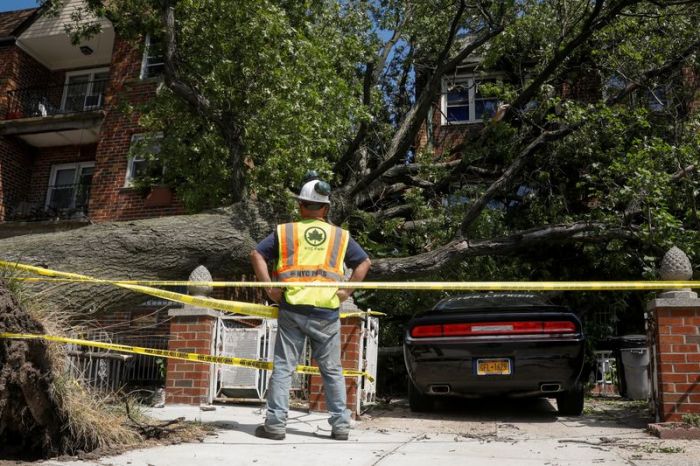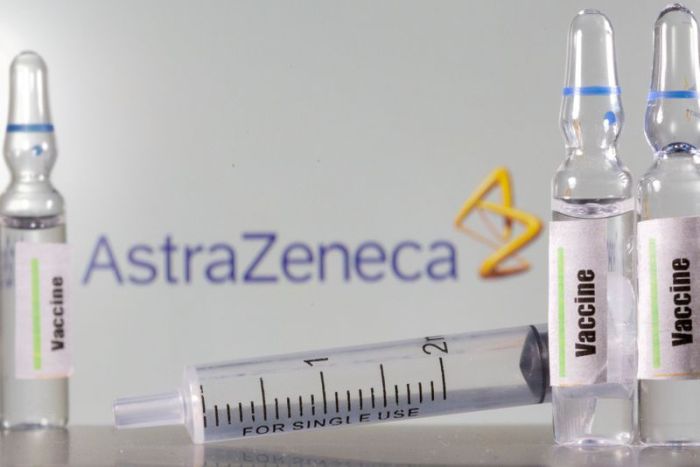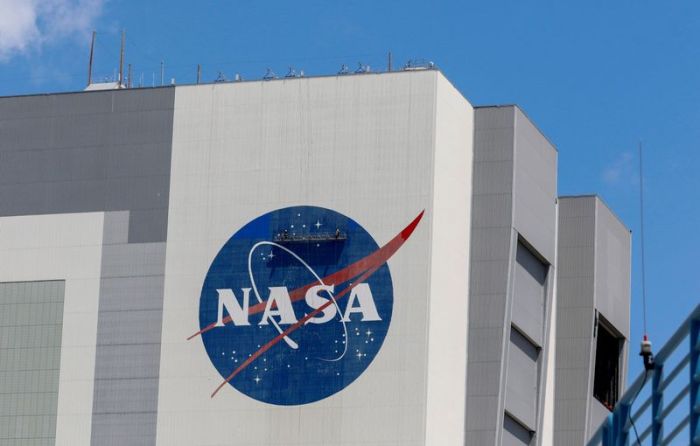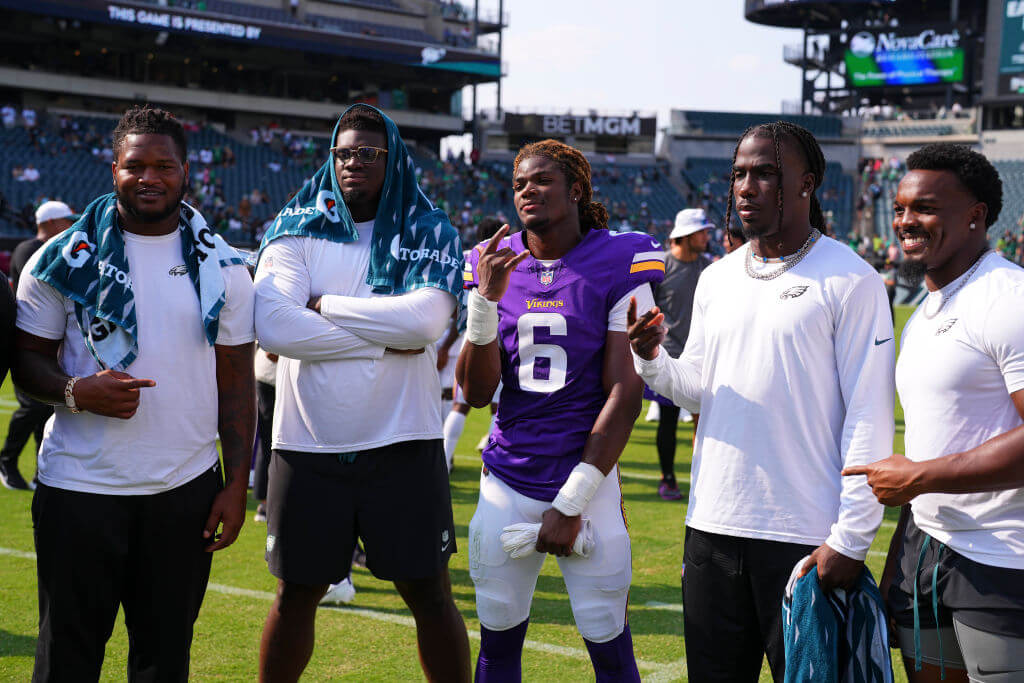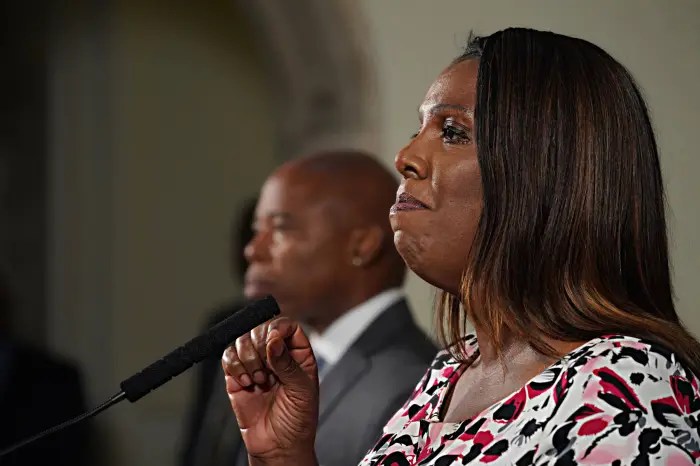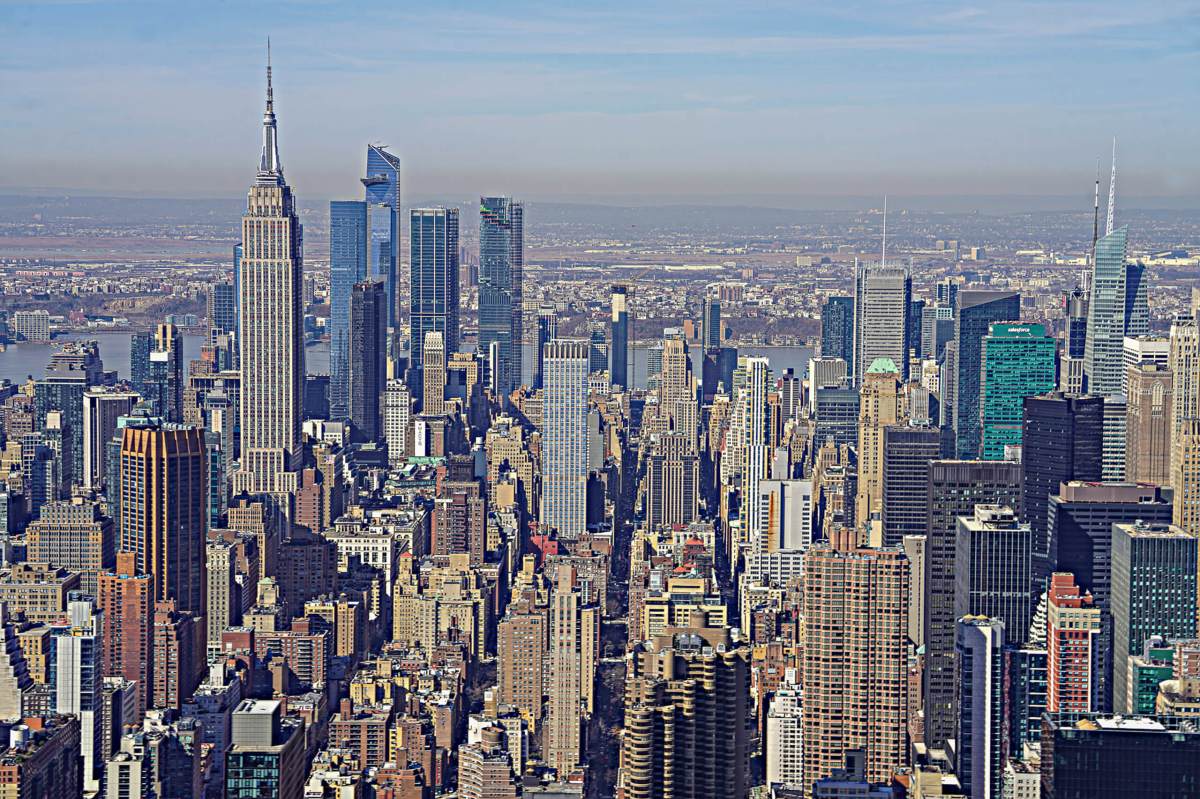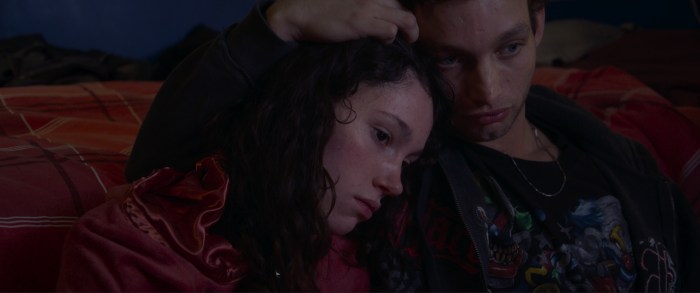WASHINGTON (Reuters) – The United States plans to send roughly 4 million doses of AstraZeneca’s COVID-19 vaccine that it is not using to Mexico and Canada in loan deals with the two countries, yielding to requests to share vaccines with allies.
Mexico will receive 2.5 million doses of the vaccine and Canada is to receive 1.5 million doses, White House spokeswoman Jen Psaki said.
“It is not fully finalized yet but it is our aim,” Psaki told a daily briefing. “Ensuring our neighbors can contain the virus is … mission critical to ending the pandemic.”
The Biden administration has come under pressure from countries around the world to share vaccines, particularly its stock of AstraZeneca’s vaccine, which is authorized for use elsewhere but not yet in the United States.
AstraZeneca has millions of doses made in a U.S. facility, and has said that it would have 30 million shots ready at the beginning of April. The company’s shares rose slightly after Reuters first reported the news.
The deal to share the vaccine does not affect President Joe Biden’s plans to have vaccine available for all adults in the United States by the end of May, a senior administration official said, and it does not reduce the supply of available vaccine in the United States.
Two officials said the vaccine would be delivered in “short order” once the deal was completed, but they declined to give a more specific timetable.
The “releasable” or ready-to-use vaccines are being lent under a deal in which the United States expects to be paid back with doses in return. The senior administration official said that would take place later this year.
Psaki said the United States had access to 7 million releasable doses of the AstraZeneca vaccine but had no plans to share them with any countries at this time other than Canada and Mexico.
“We … have a number of requests from a range of countries around the world and certainly we’ll continue those conversations,” she said.
Asked why Mexico and Canada were chosen, the administration official said: “They are our neighbors, they are our partners.”
Mexico’s government said on Thursday it would restrict movement on its southern border with Guatemala amid rising apprehensions of migrants trying to enter the United States, many of them unaccompanied minors.
Asked if the vaccine doses were being shared as an incentive for Mexico to help with the immigration issue, Psaki noted only that the two countries were discussing multiple issues at once.
‘MORE WORK TO DO’
Mexican President Andres Manuel Lopez Obrador had requested the vaccine. The administration official said the countries were in touch about the vaccine loan. “We’ve been working through the diplomatic channels,” he said.
Mexico has in recent weeks leaned increasingly on China and Russia to secure vaccines to carry out its inoculation plans.
A senior Canadian government source said: “We’re having positive conversations with the U.S. Those conversations are fairly advanced but there’s more work to do.”
Reports of blood disorders have prompted more than a dozen nations to suspend use of AstraZeneca’s vaccine, but the European Union’s drug watchdog said on Thursday that after an investigation, it was still convinced the benefits of that vaccine outweighed the risks.
A spokeswoman for AstraZeneca declined to comment on the deal but noted that its doses in the United States were owned by the U.S. government.
Biden has said if the United States has a surplus of vaccine, it will share it with the rest of the world. The White House has focused on vaccinating people in the United States, which has seen more than 530,000 people die from the virus, the most of any country.
Biden said on Thursday that his goal of having 100 million vaccine shots administered in the United States during his first 100 days in office would be met early, on Friday. Biden took office on Jan. 20. “That’s weeks ahead of schedule,” he said.
The country is getting prepared to roll out the AstraZeneca vaccine domestically if it gets authorization from the U.S. Food and Drug Administration, the White House said.
The United States has pledged $4 billion to the global COVAX vaccine program that aims to deliver coronavirus vaccines to poor countries.
The United States does not need the AstraZeneca shots to meet its target of having enough doses for all U.S. adults by the end of May.
The three authorized vaccine makers – Pfizer Inc /BioNTech SE , Moderna Inc , and Johnson & Johnson – have promised to deliver nearly 500 million doses to the United States by then.
(Reporting by Jeff Mason; Additional reporting by Trevor Hunnicutt, Caroline Humer, Julie Steenhuysen, Steve Holland, Steve Scherer and Dave Graham; Editing by Heather Timmons, Alistair Bell and Peter Cooney)

